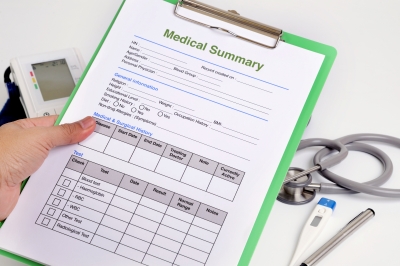Take for instance the new research study published in Health Affairs that found just how EHR access can play a critical role in radiology decision making. Within this study, three neuroradiologists were asked to look at 2,000 heart CT scans that were ordered by physicians at Milwaukee’s Froedtert Hospital. The study analyzed all of the medical information that had been gathered and inputted by the hospital’s emergency physicians and compared it to the information that was accessible in the EHR by the participating radiologists.
In 6.1 percent of the cases, the participating neuroradiologists came to a consensus that the extra information available in the EHR was “very likely” to have influenced how exams were interpreted, and how patients would thus be treated. In the cases where the radiologists were unable to access EHR data, they often failed to recommend further imaging, or may have given an incorrect patient diagnosis.
In another 16 percent of the cases, the studied neuroradiologists came to a consensus that the extra information available in the EHR “possibly” affected how the cases were interpreted, diagnosed, and treated. Even more astonishing, the most experienced neuroradiologist reported that in 13.4 percent of the studied cases, without appropriate EHR access there was a negative impact on patient management.
EHR systems act as a decision support tool to help reduce the amount of medical errors that can happens simply due to human error or oversight. Within this integrated system, physicians can include accurate medication and patient history lists, insert legible notes, and make charts immediately available in a legible, cross-use platform.
EHRs eliminate the need for any health care professional to hand write orders and notes in a given patient’s chart. Other important advantages of EMR for everyone, from nurses to radiologists, include:
-
The critical ability to transfer the entirety of one patient’s data from one department to another in a quick and seamless manner.
-
Moving information from being stored in a physical space to a digital one that opens up more critical physical space for other health care operations.
-
Because EHRs cut down on the time required to find, analyze, and implement patient records, this increases how many patients can be served each day, further enhancing healthcare workflow and productivity.
-
With improved result management and patient care, health care providers can expect a reduction in errors which will be a financial and emotional benefit for the medical practice.
-
EHR solutions can be customized and scalable, meaning that they grow with a practice.
-
Because everything gets digitized, there is a reduction in operation costs affiliated with services such as transcription and overtime labor expenses.

